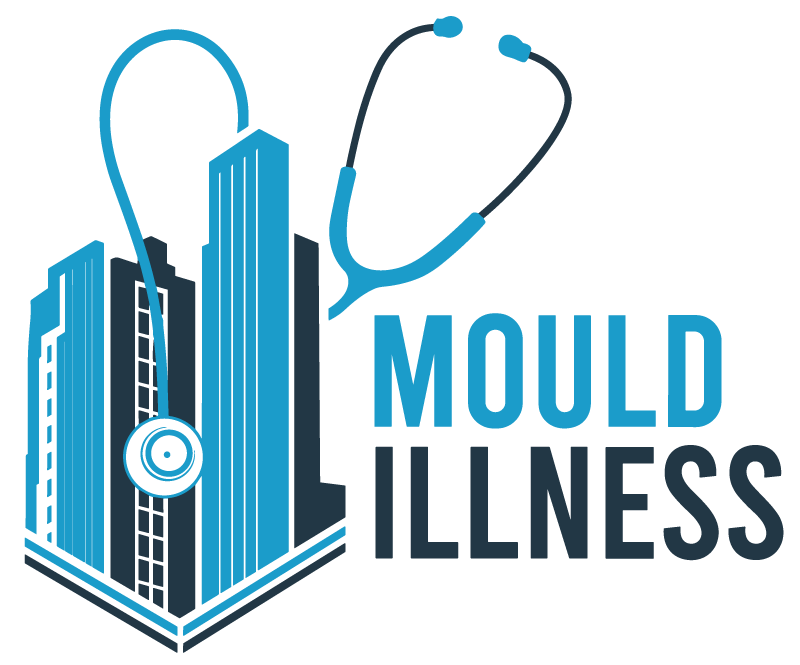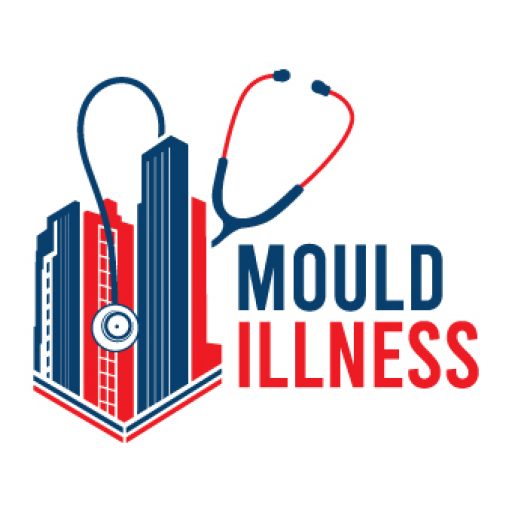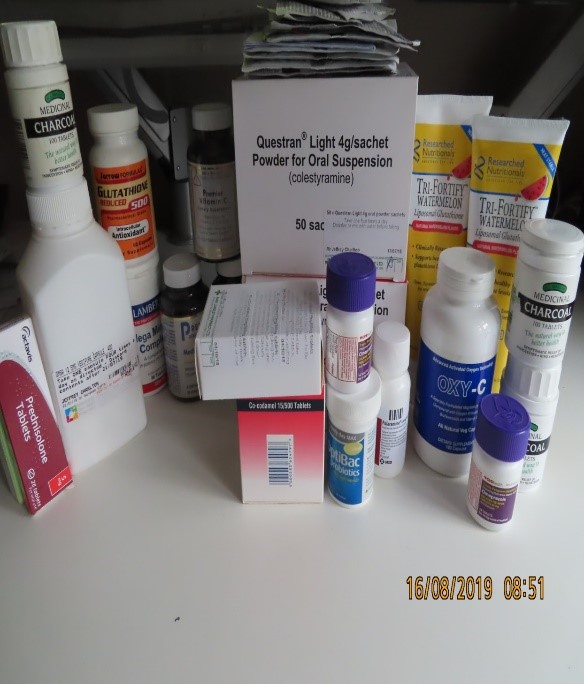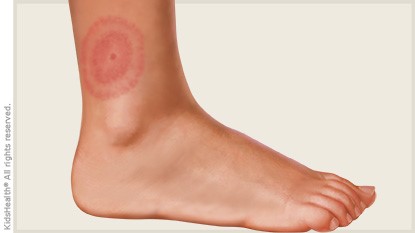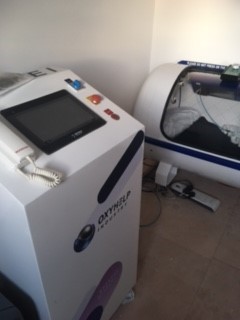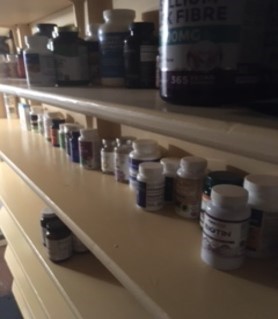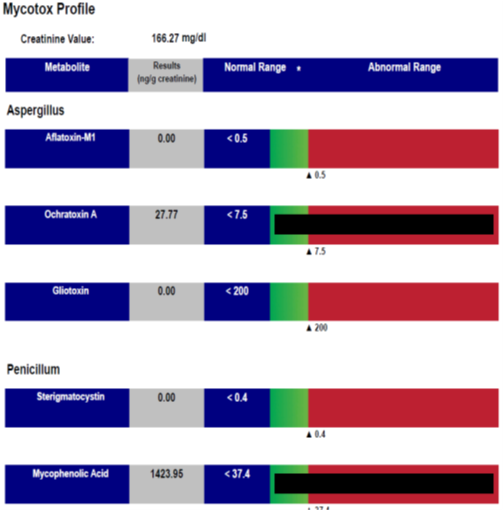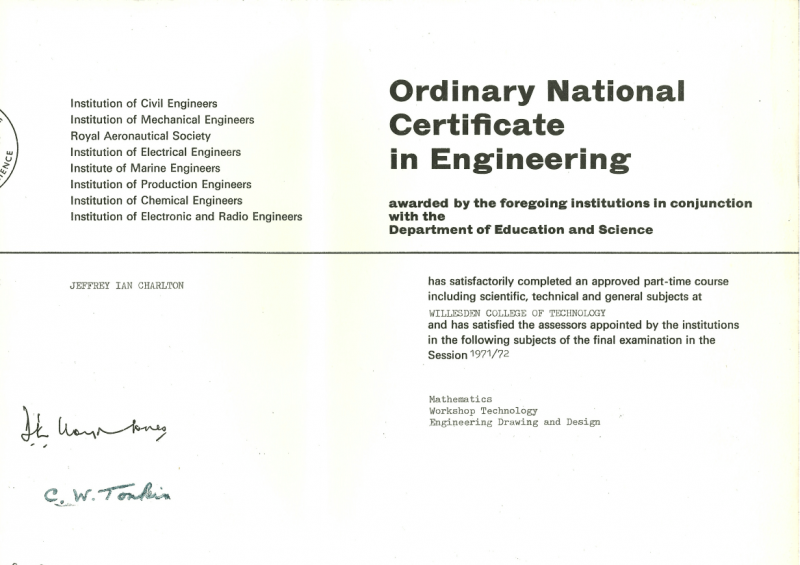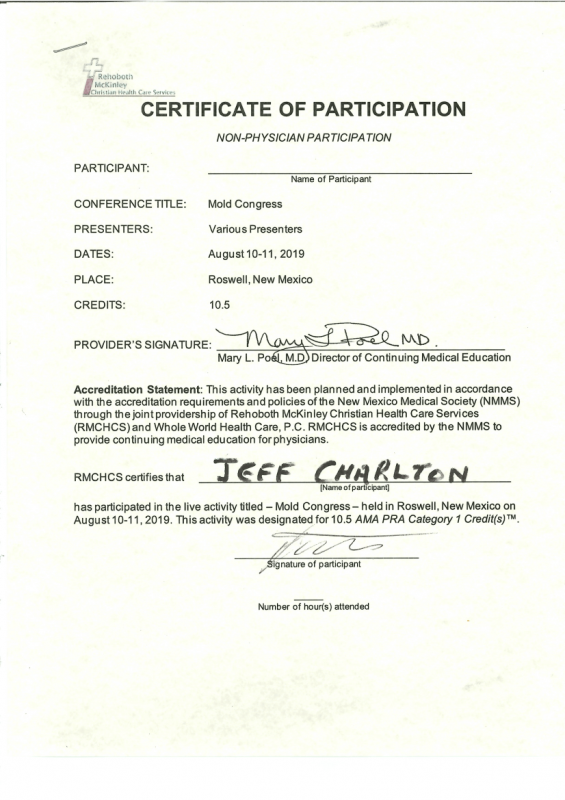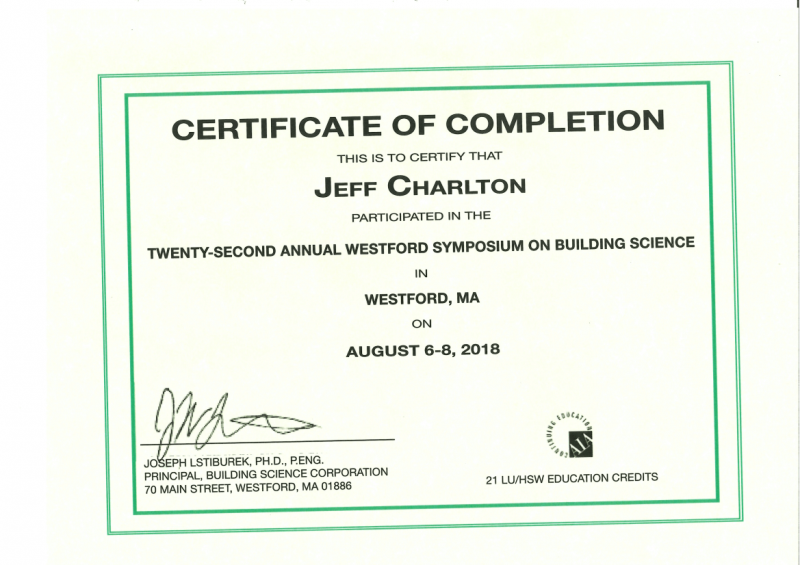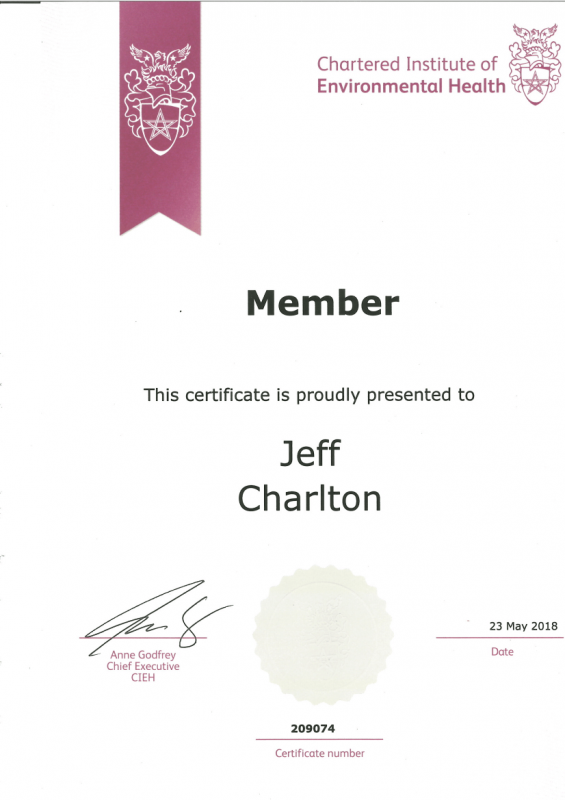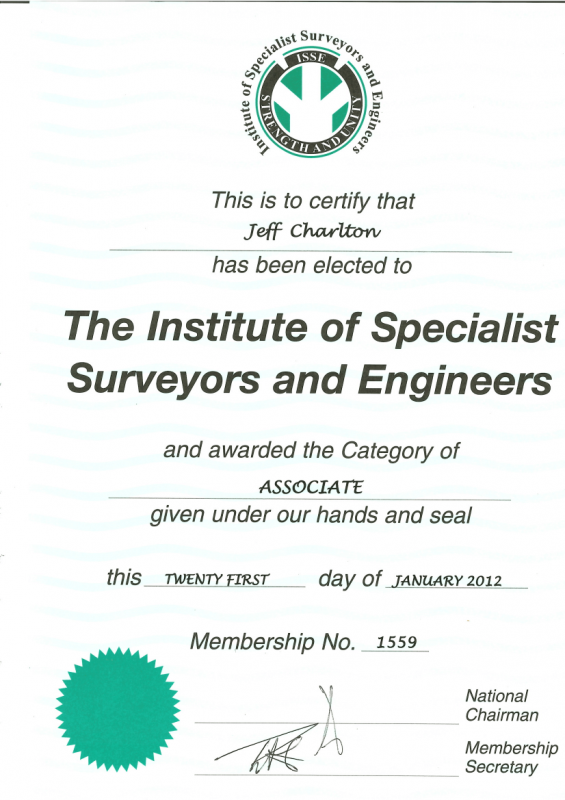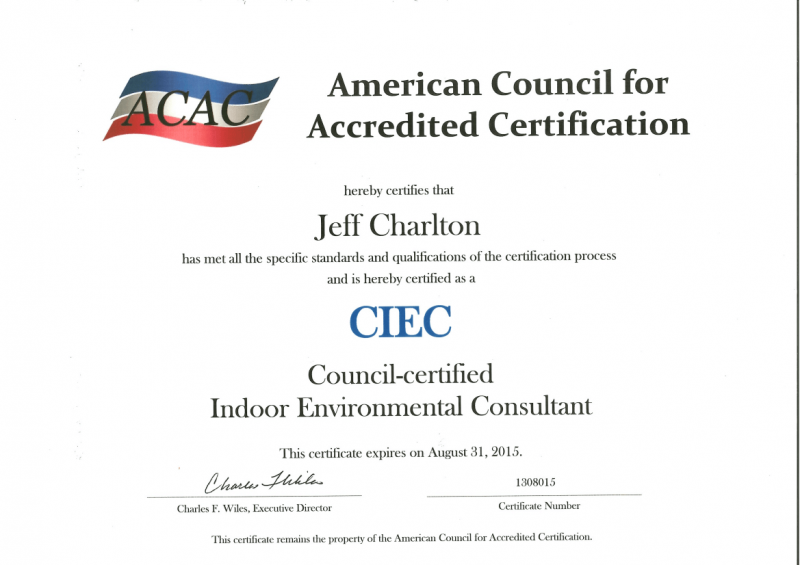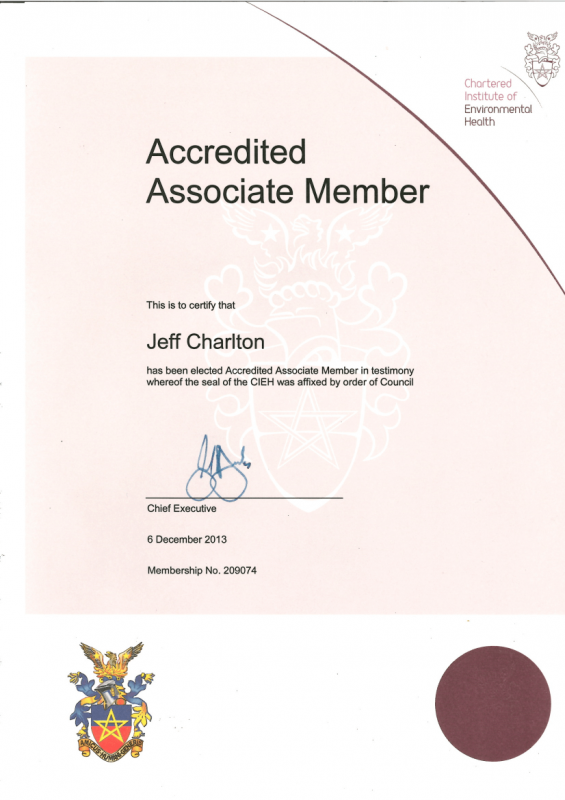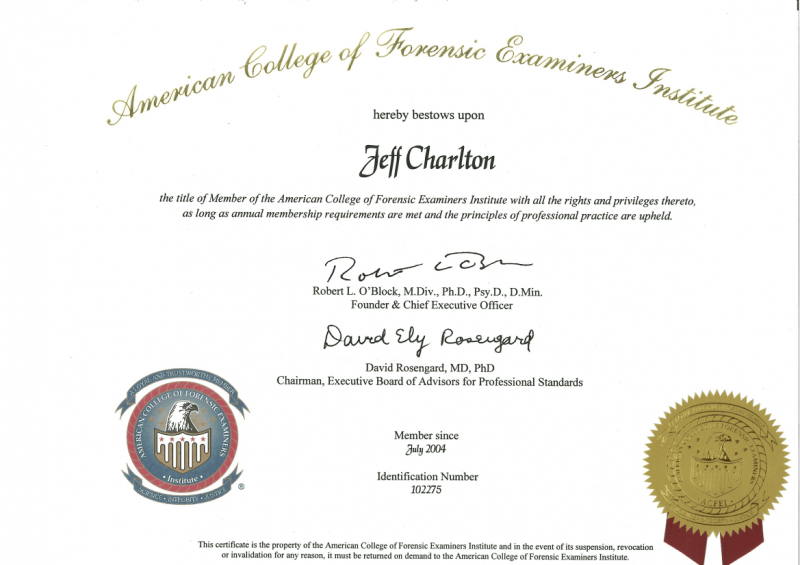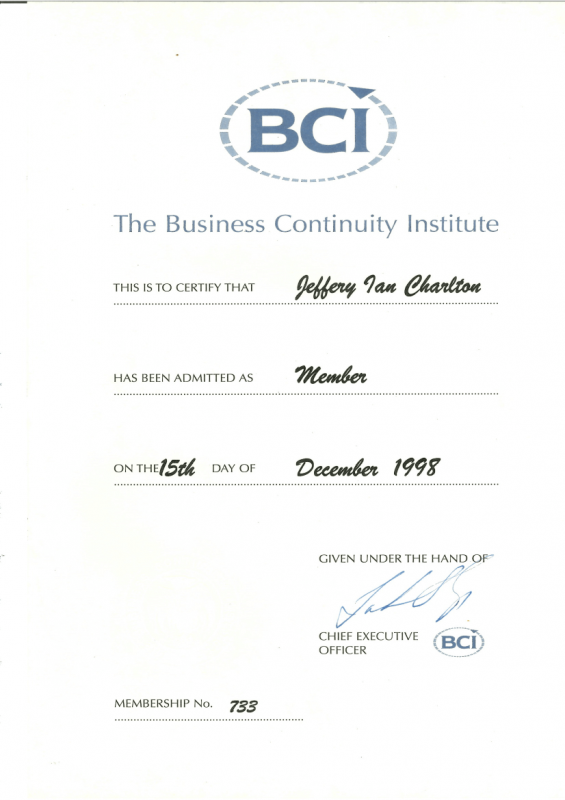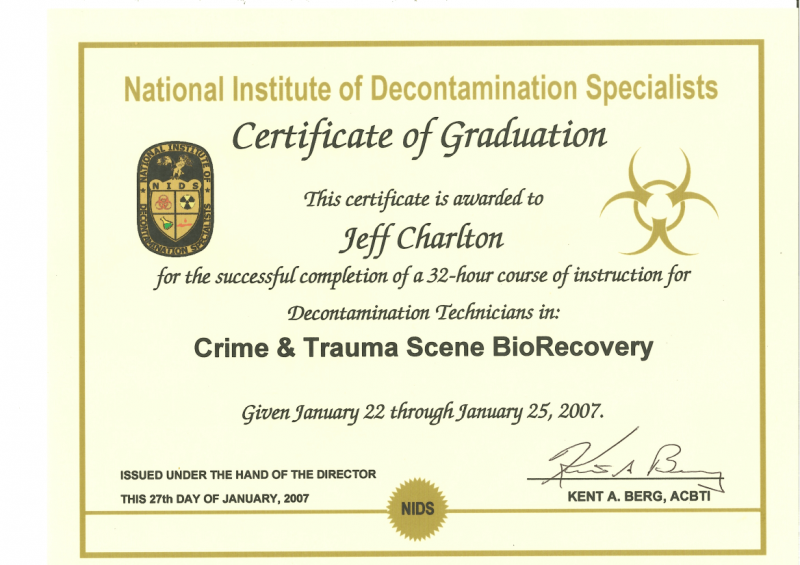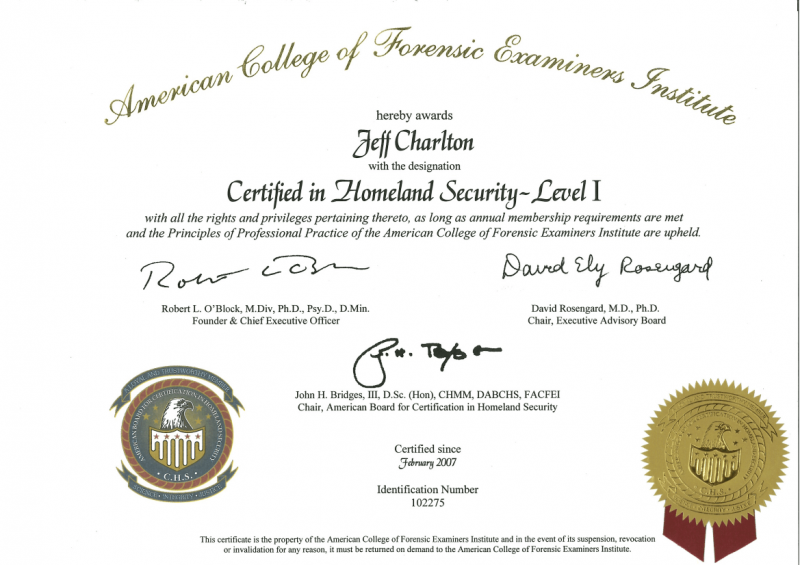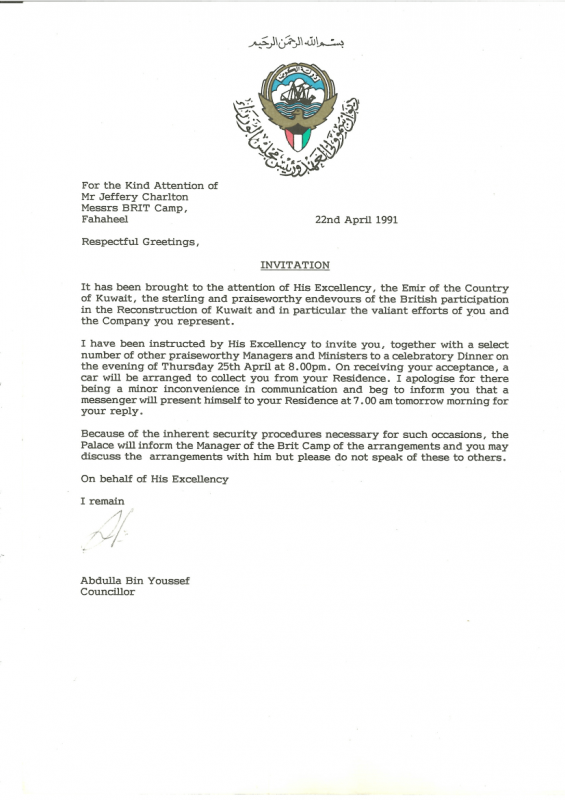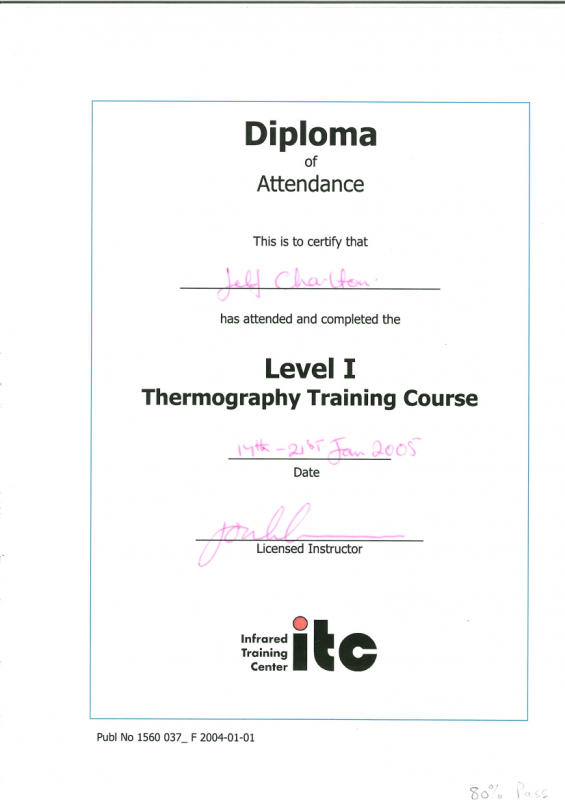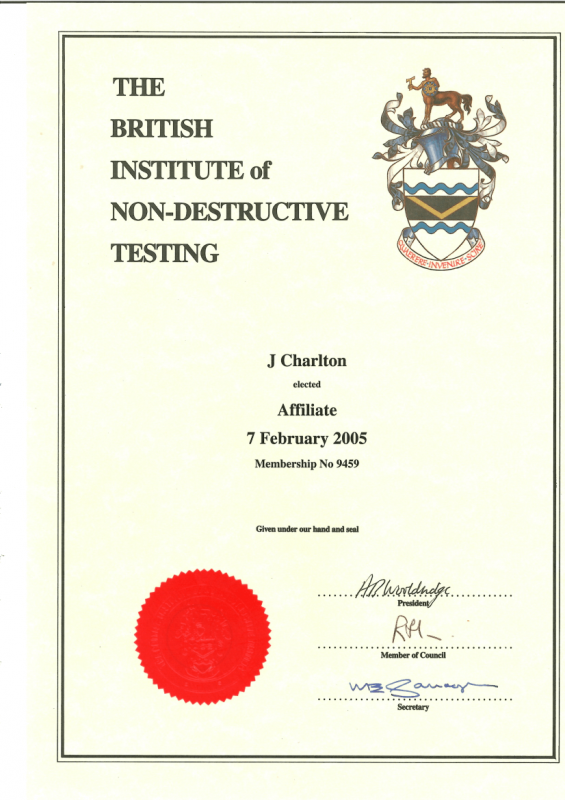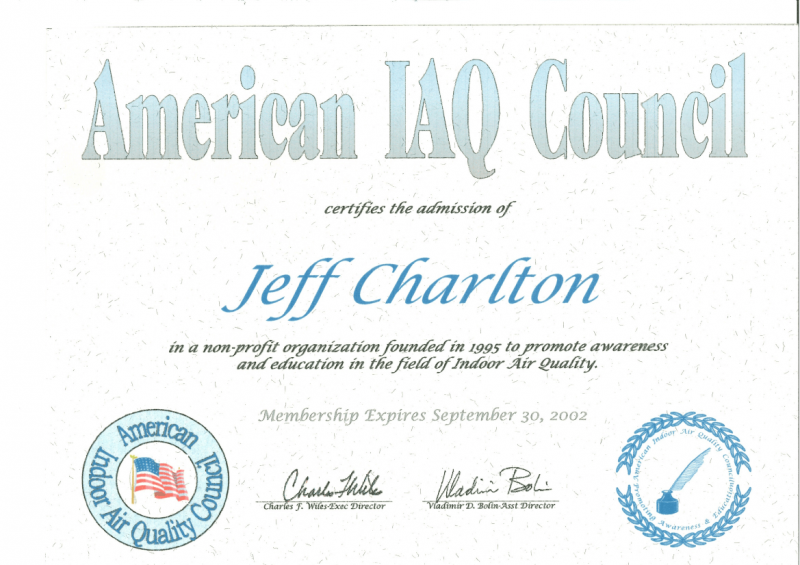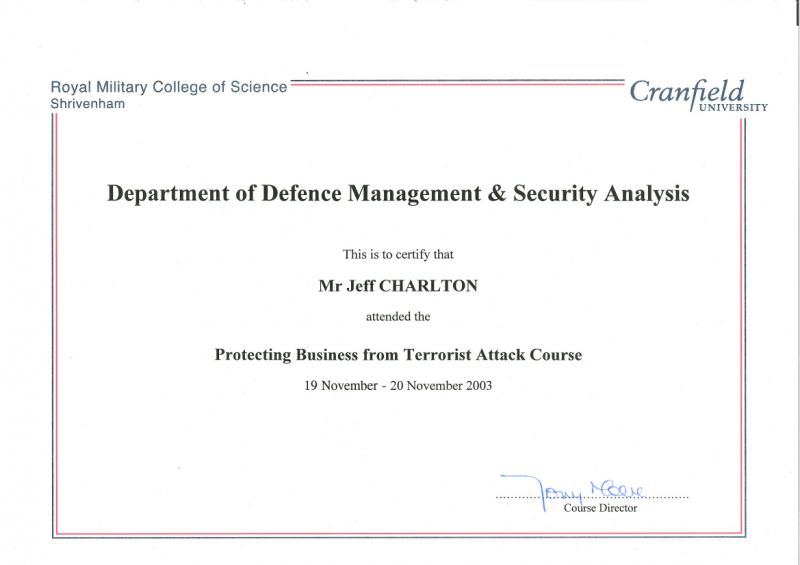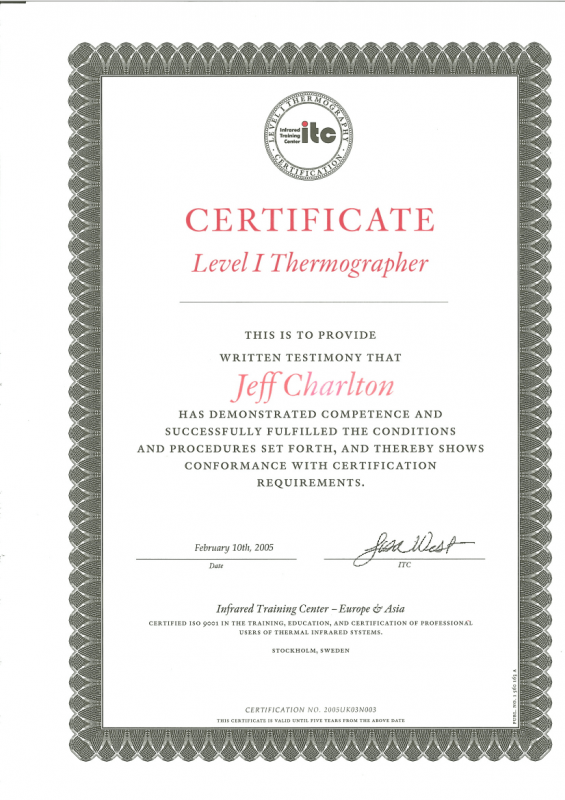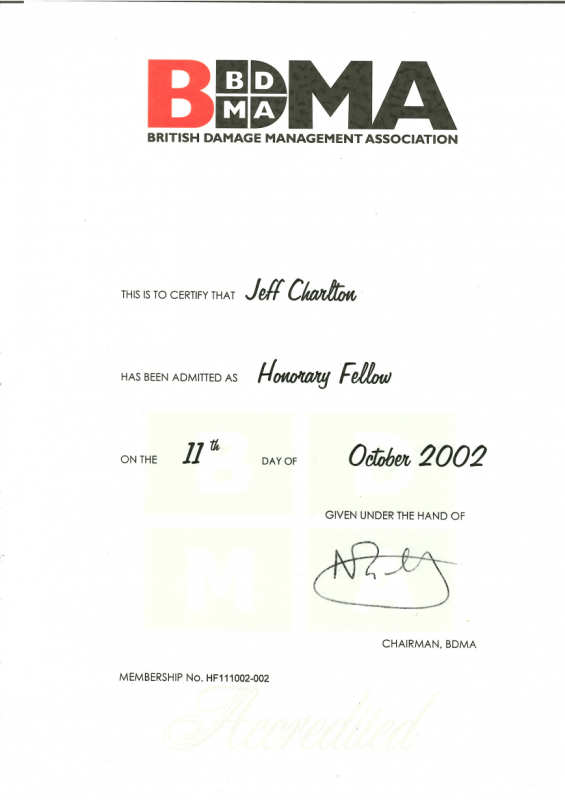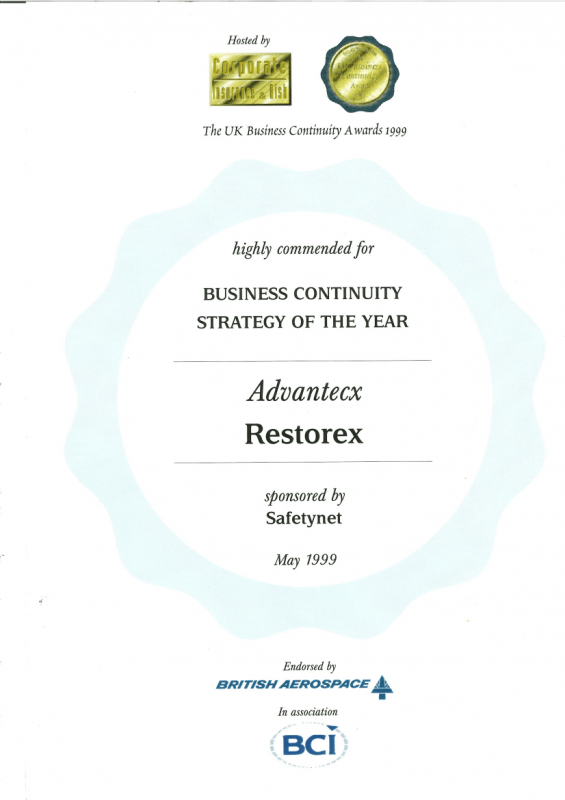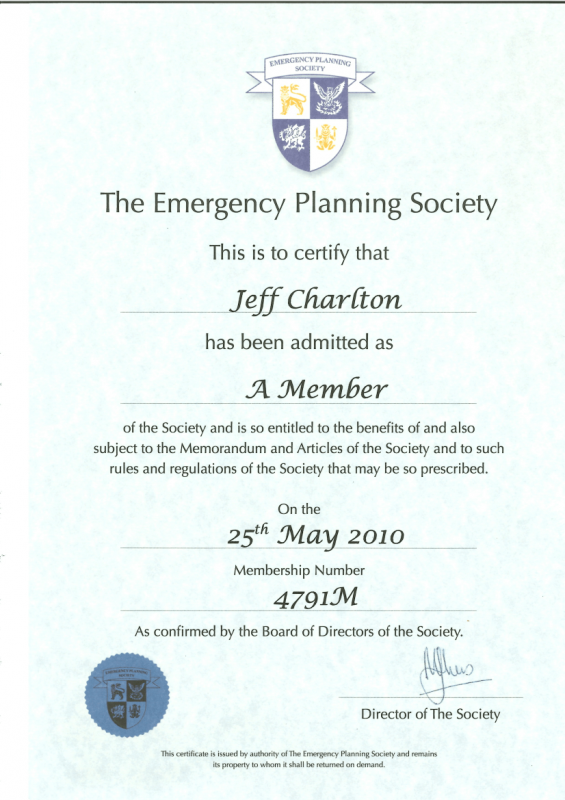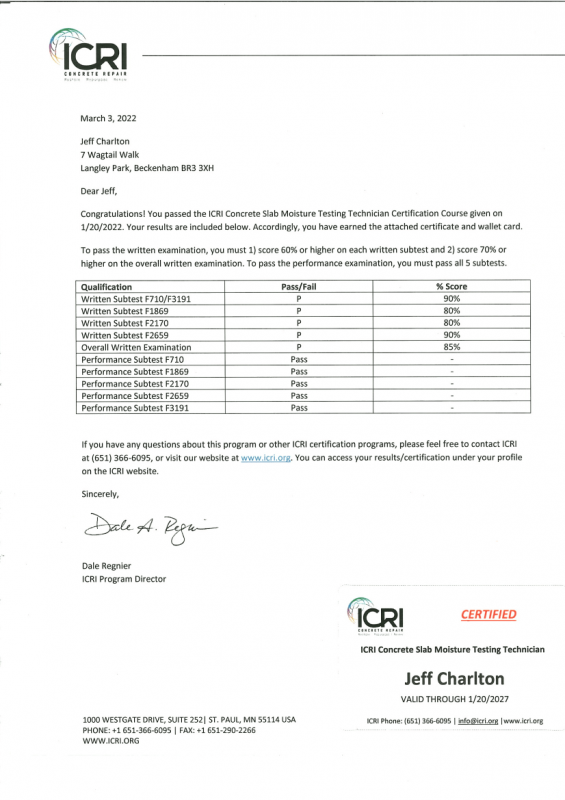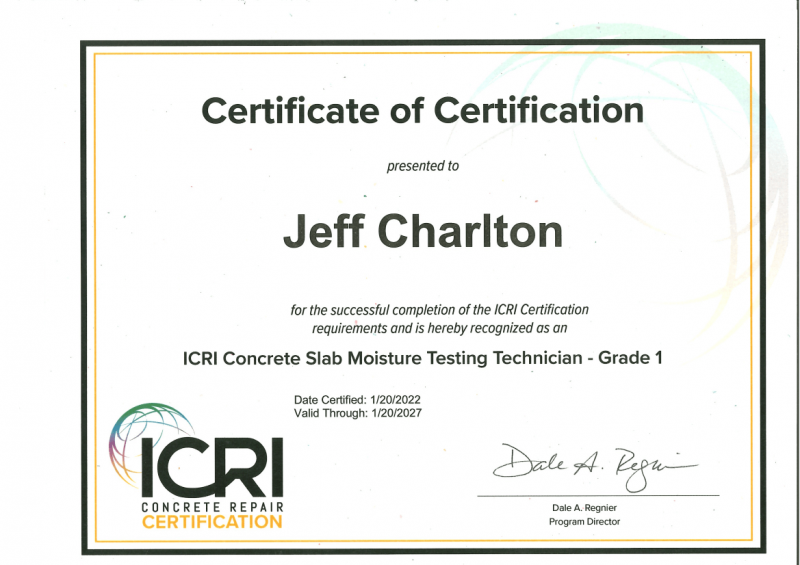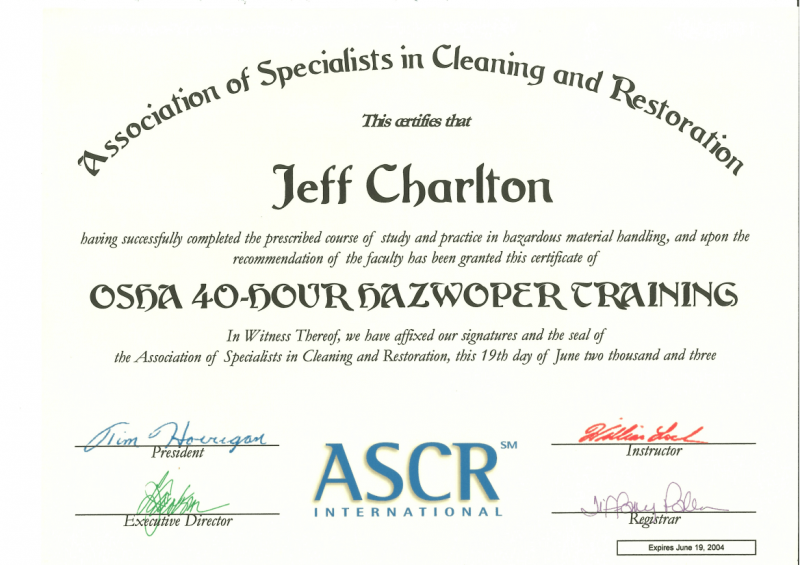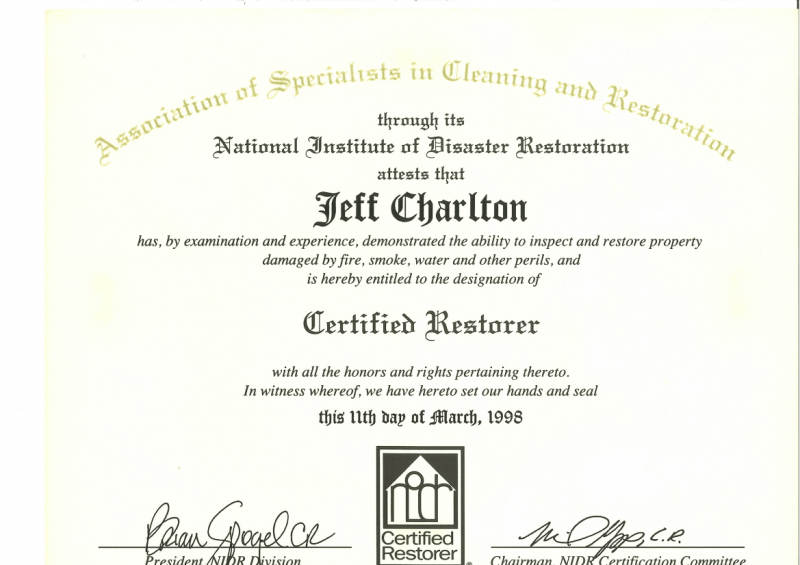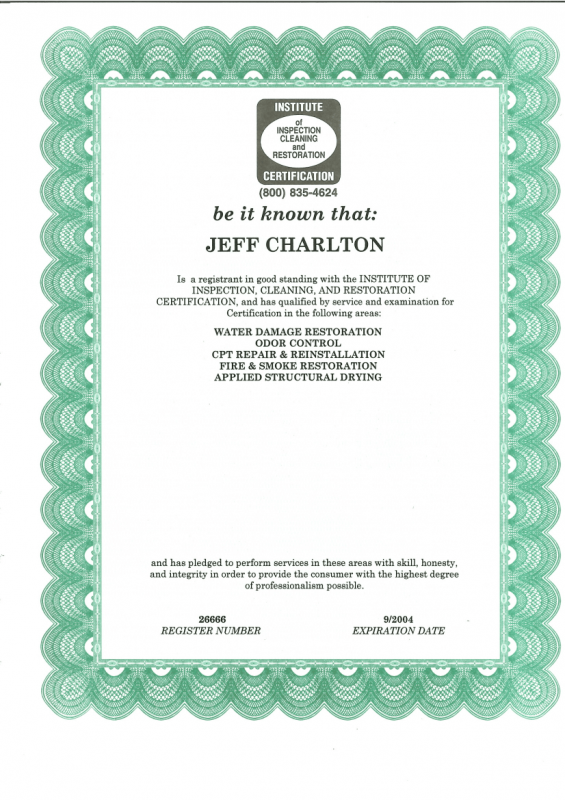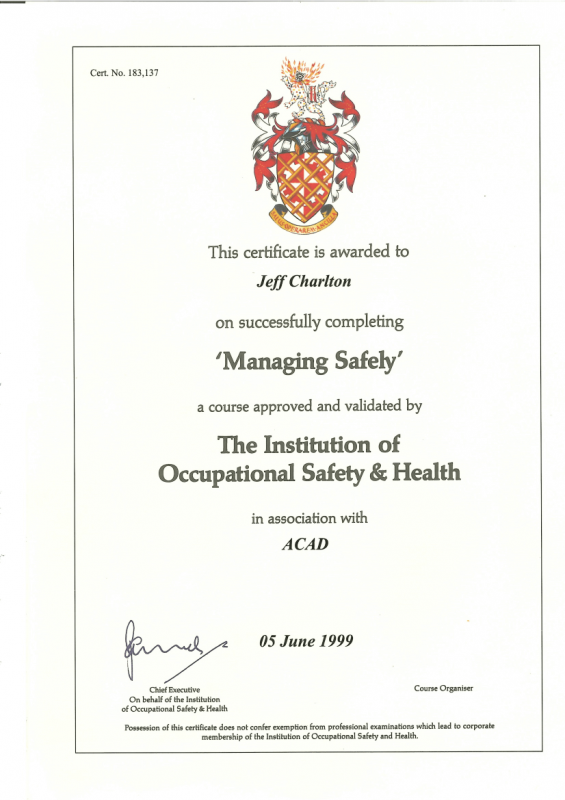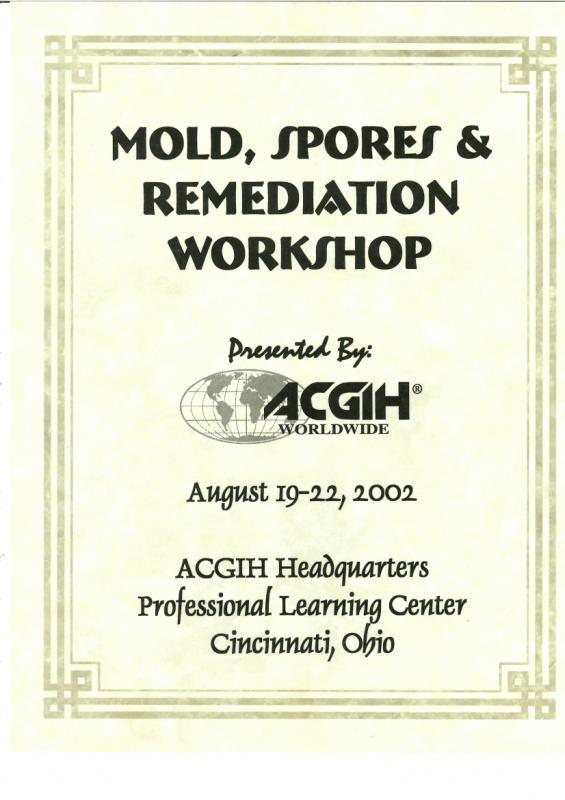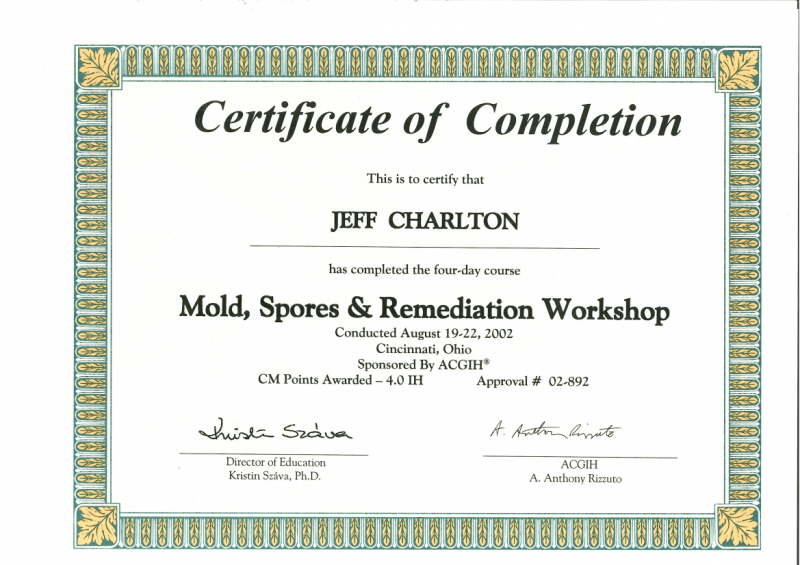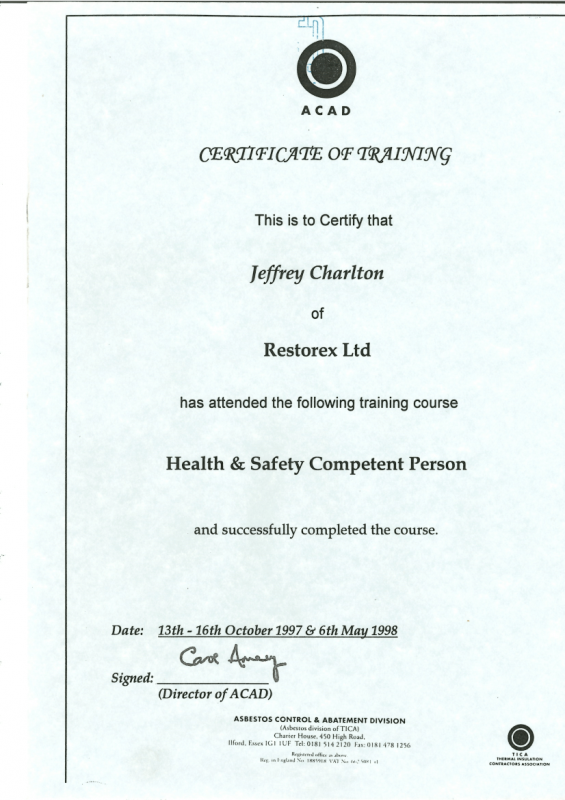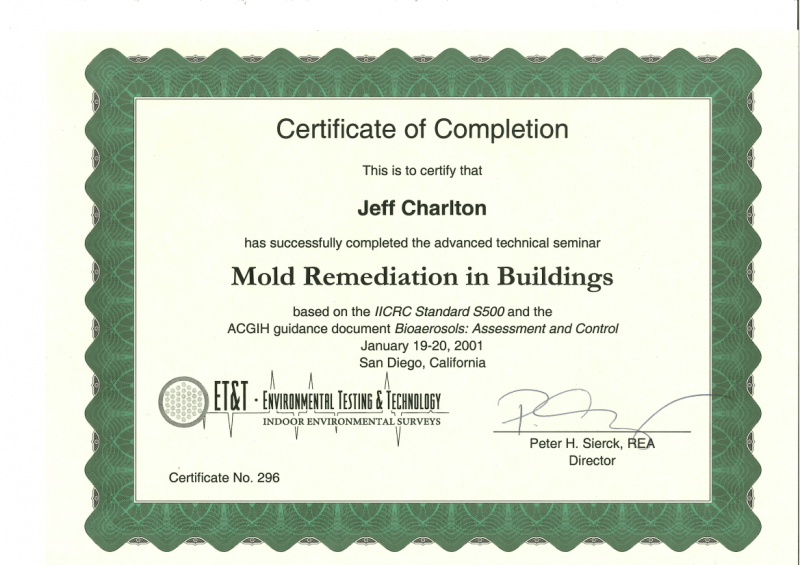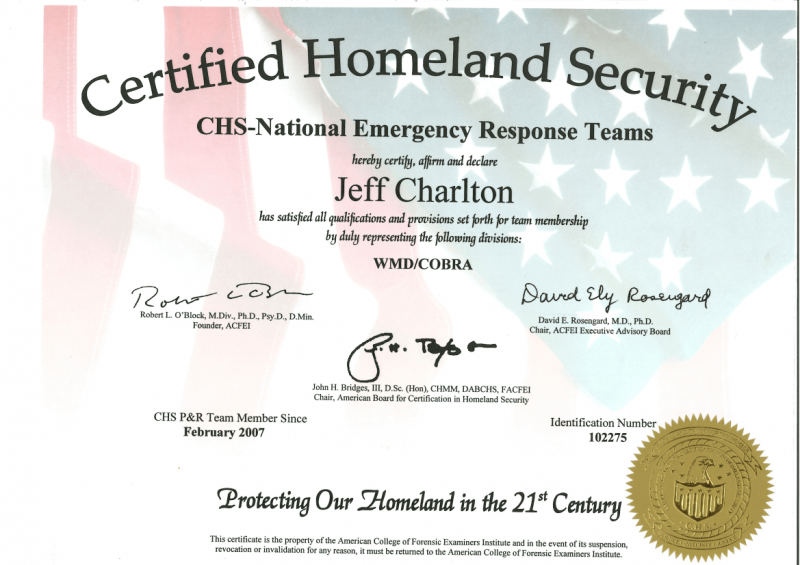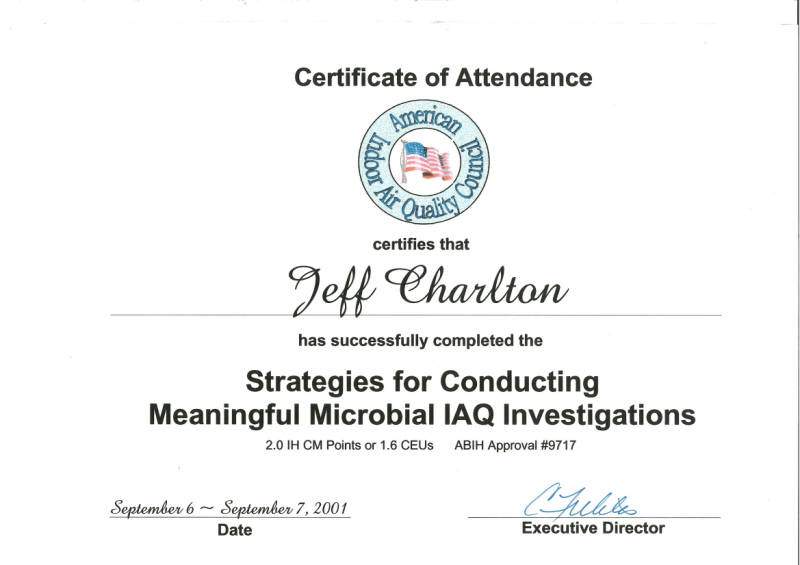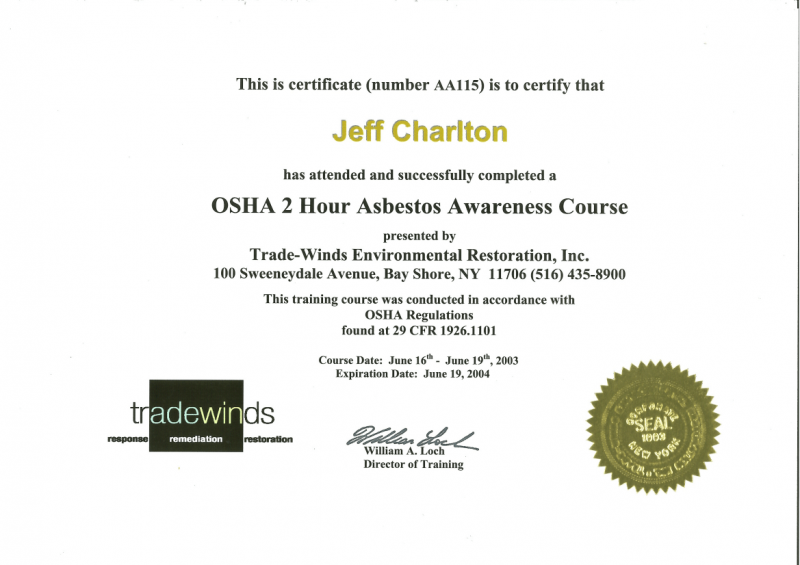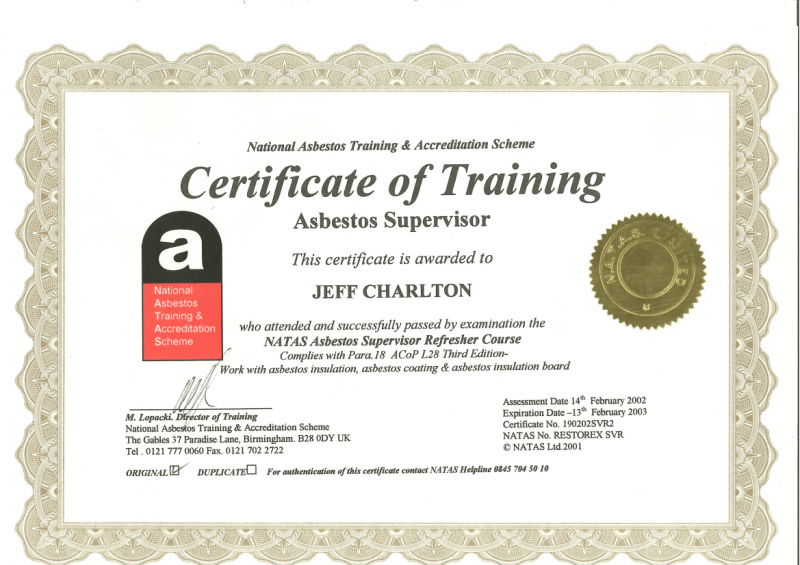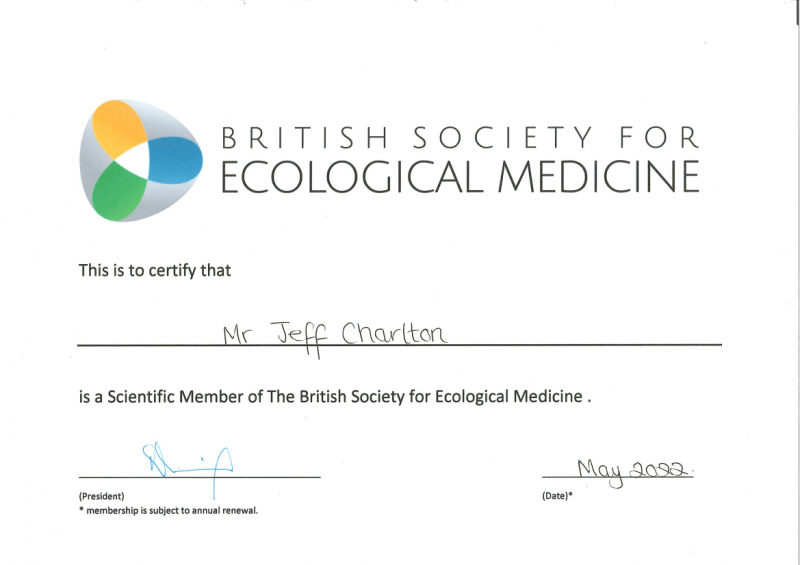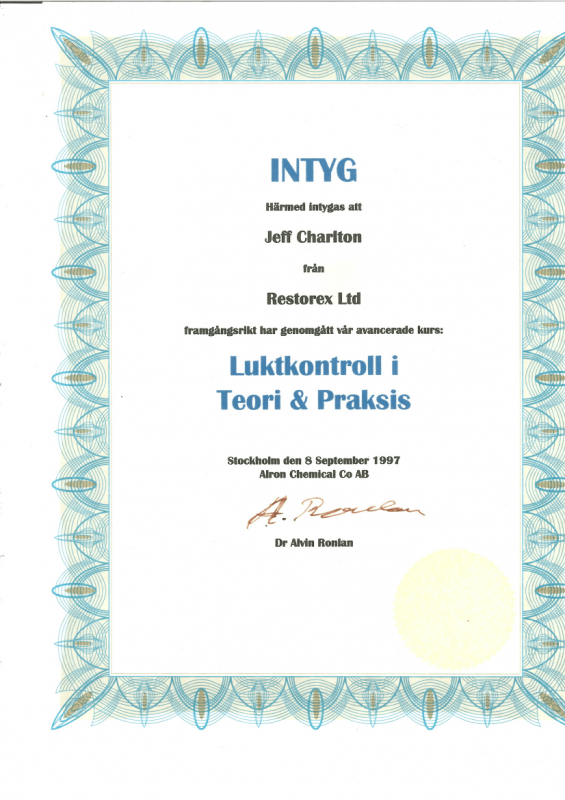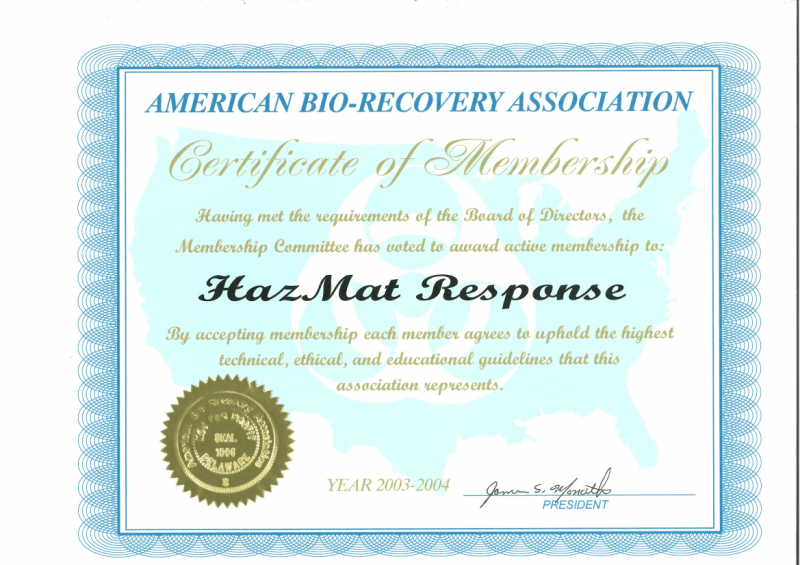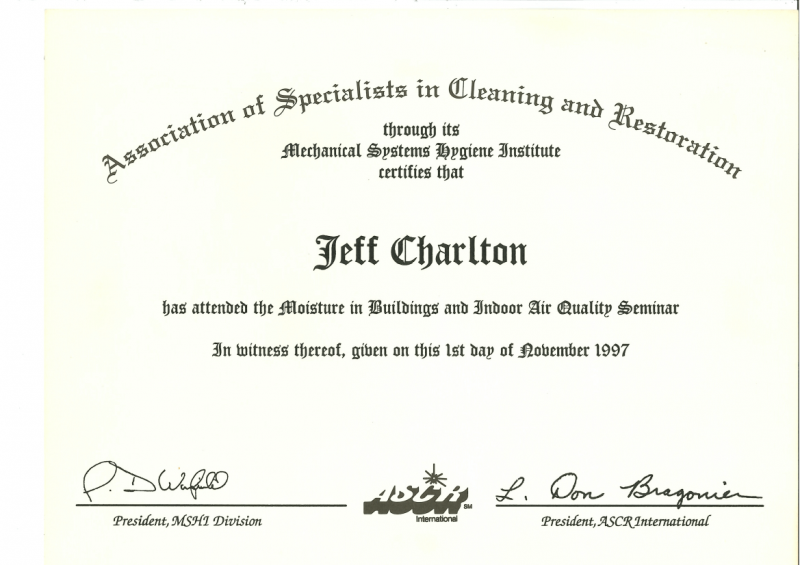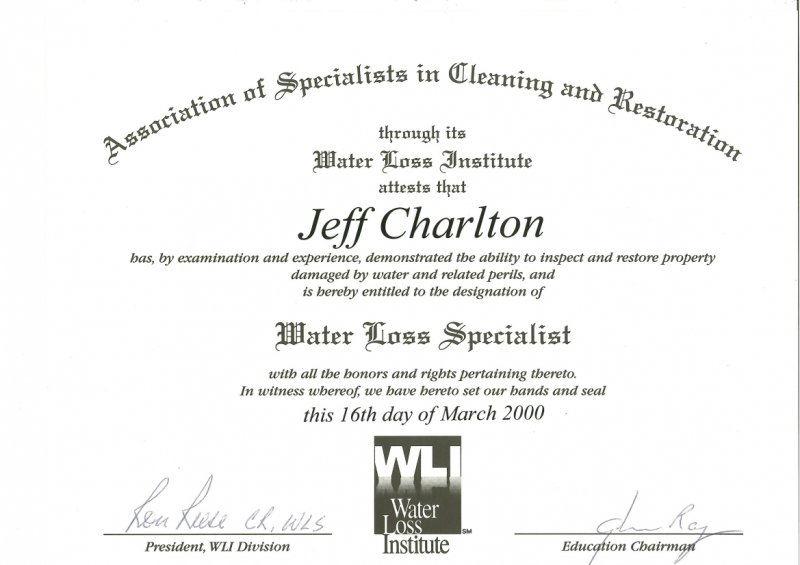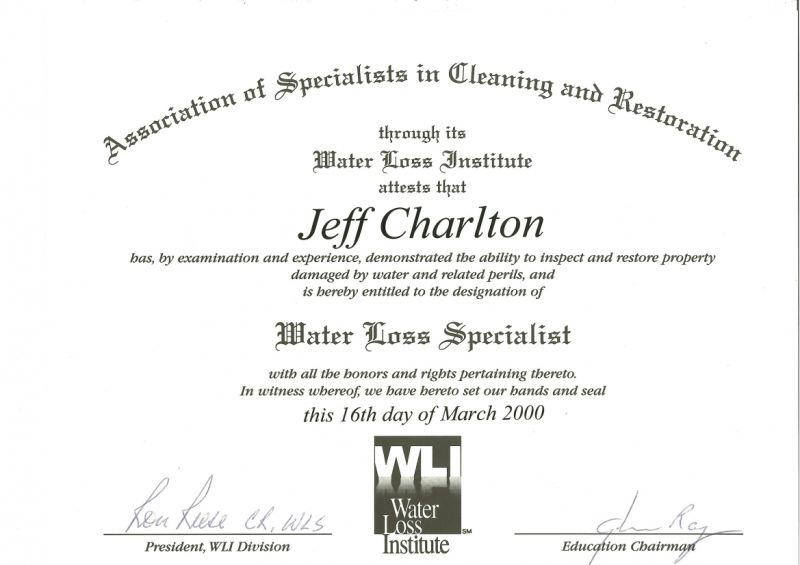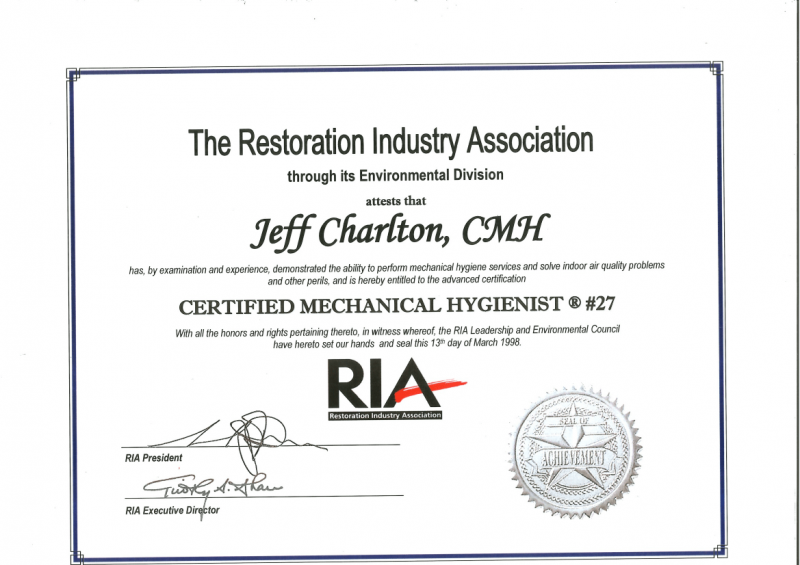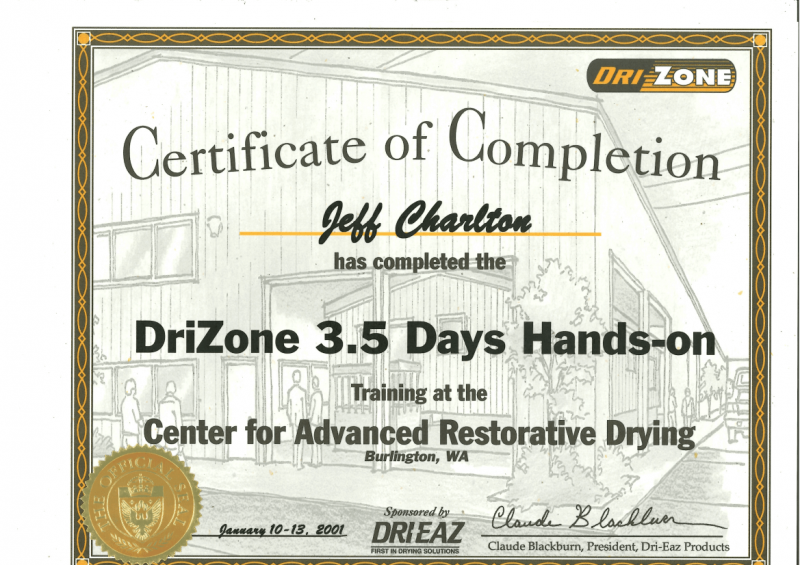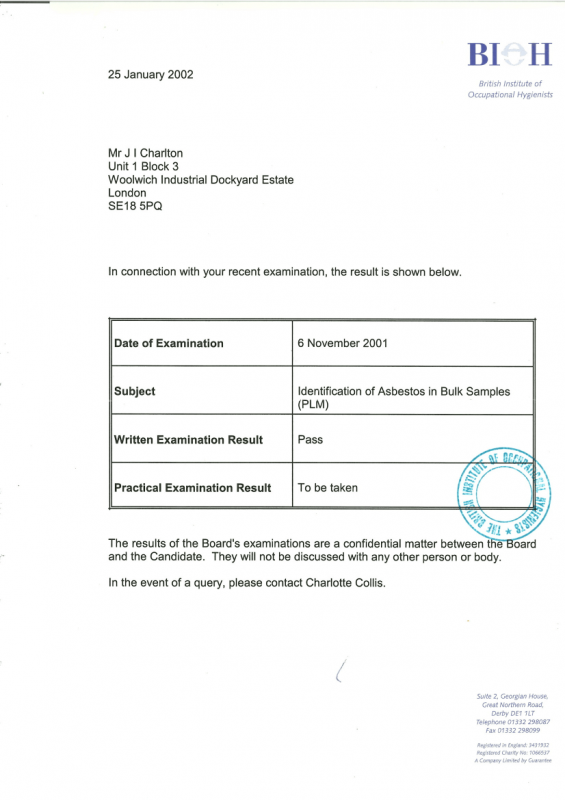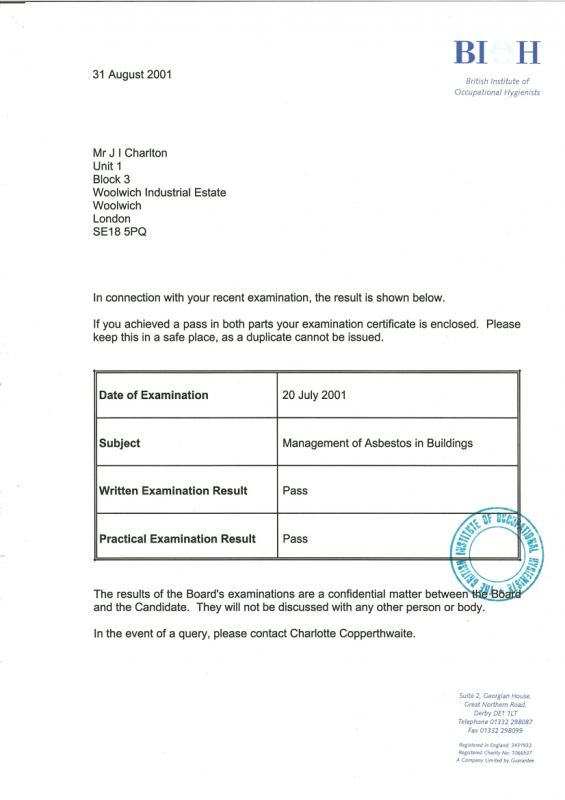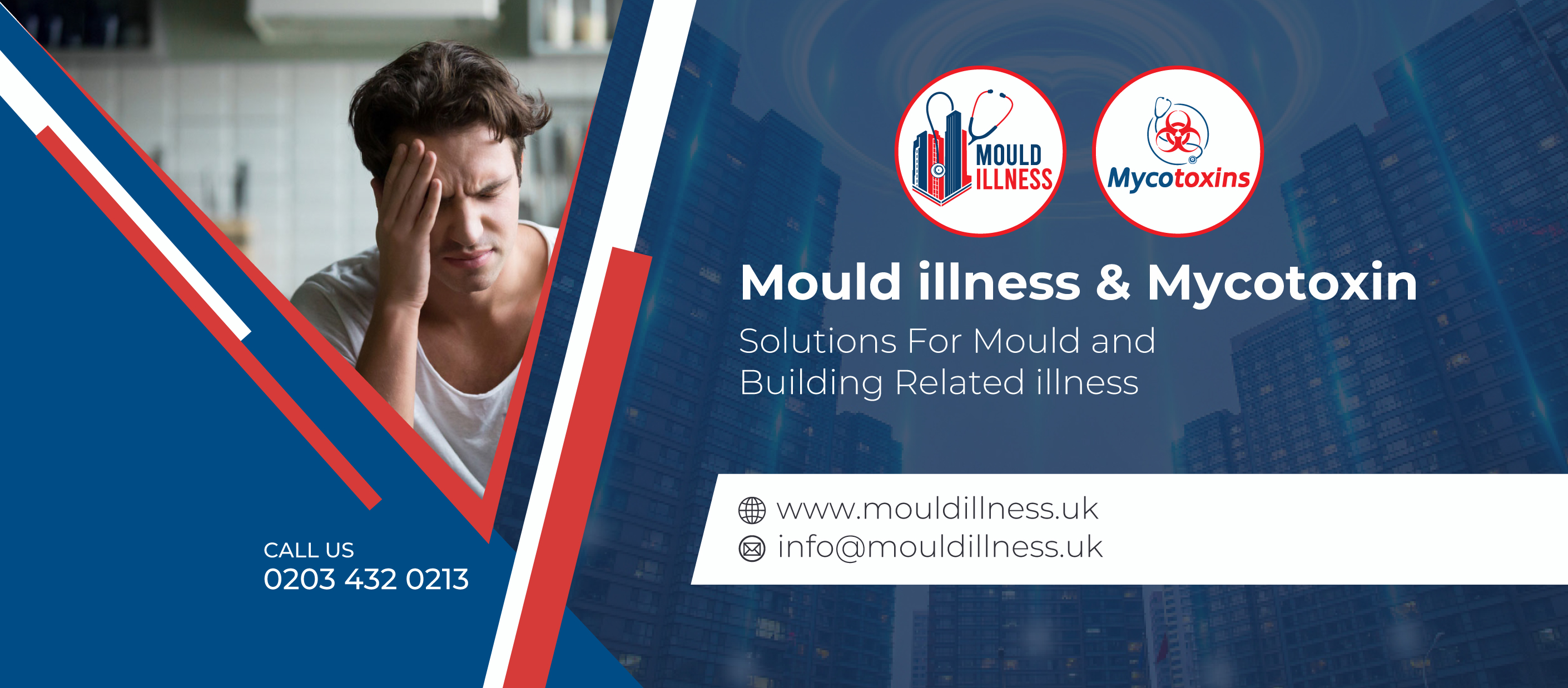Solutions For Mould and
Building Related illness
Is it Mould illness or CIRS?
- Understanding the Difference. It’s important to clarify that while mould exposure can lead to health issues, not all mould-related health problems are CIRS. CIRS is a specific condition characterized by a wide range of symptoms and systemic inflammation resulting from a prolonged immune response to a biotoxin, including but not limited to mould.
Diagnostic Criteria: For CIRS, reliance on specific biomarkers through blood tests is key. These markers can include C4a, TGF-beta 1, MMP-9, and others that indicate a systemic inflammatory response. While the simple urine mycotoxin tests provide useful information, blood biomarkers can provide a clearer picture of whether a patient is suffering from CIRS or another mould-or bacteria and possibly chemical related health issue.
Environmental Assessments: Any form of inflammatory response illness requires thorough environmental assessments to identify and mitigate sources of mould and other chemical and biotoxins. However, the approach for someone with CIRS may also include more detailed health assessments and a personalized treatment plan that addresses the systemic nature of the illness.
By addressing these aspects across different stakeholders, the functional and medical practitioner doctor can contribute significantly to the understanding, diagnosis, and treatment of mould and building-related illnesses, ensuring a more targeted and effective approach to improving their patient outcomes. - Building Forensics offer the medical and functional medicine professionals the widest range of environmental assessments and risk reduction protocols to enable them to provide enhanced treatment.


Common Mould Sickness Misdiagnoses - Is This Really My illness?
Many suffering mould illness symptoms embark on a treatment plan to improve the immune system , but this may not be adequate if your continuously exposed to bacteria, mould and other inflammagens. You’re not giving the medication a chance to succeed. Invariably its not the mould or contamination you can see that is affecting your health, but is the invisible, sub-micron particulates carrying inflammagens into your bloodstream through lung function. These are often emanating from closed hidden cavities and we investigate these too.

Common Mould Sickness Misdiagnoses - Is This Really My illness?
Many suffering mould illness symptoms embark on a treatment plan to improve the immune system , but this may not be adequate if your continuously exposed to bacteria, mould and other inflammagens. You’re not giving the medication a chance to succeed. Invariably its not the mould or contamination you can see that is affecting your health, but is the invisible, sub-micron particulates carrying inflammagens into your bloodstream through lung function. These are often emanating from closed hidden cavities and we investigate these too.
These two were said to have died of mould but did the coroner get it wrong?
Did the coroner recognise the difference between toxic mould and an inflammatory response caused by mould?
This review by Jeff Charlton is based on the Guardian newspaper article
Jan 2023 Was the coroner misled by expert opinion at the inquest of Awaab Ishak?
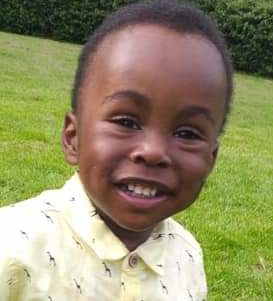
The sad death of the two year old Awaab Ishak was confirmed attributable to “Environmental Mould Exposure” and “Acute airway Oedema with “Severe granulomatous tracheobronchitis” but what did the coroner mean and what was learnt?
Coroner rules mouldy damp house did not cause 27 year old Luke Brooks death?
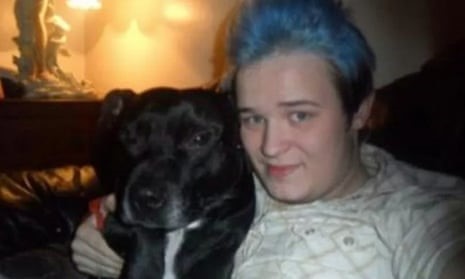
Mould illness and CIRS
While moulds such as Aspergillus can cause incurable (but treatable) lung disease most mould symptoms are caused by inflammagens and not spores, hence “inflammatory response” and a low immune response.
There are several ways these inflammagens can enter the human body but by far the most harmful is inhalation of sub-micron particulates (ref WHO)
Advances in toxicology can now identify these inflammatory triggers and your illness can be possibly sourced to specific triggers.
This can be very expensive , often requiring detailed analysis of blood, brain scans with Neuroquant, and Genetics using advanced protocols such as GENIE. As a patient of CIRS in USA I can say it cost me over £30,000 to tell me why I was sick . (see My Journey)
The following are typical issues which may be responsible for CIRS or similar types of symptoms.
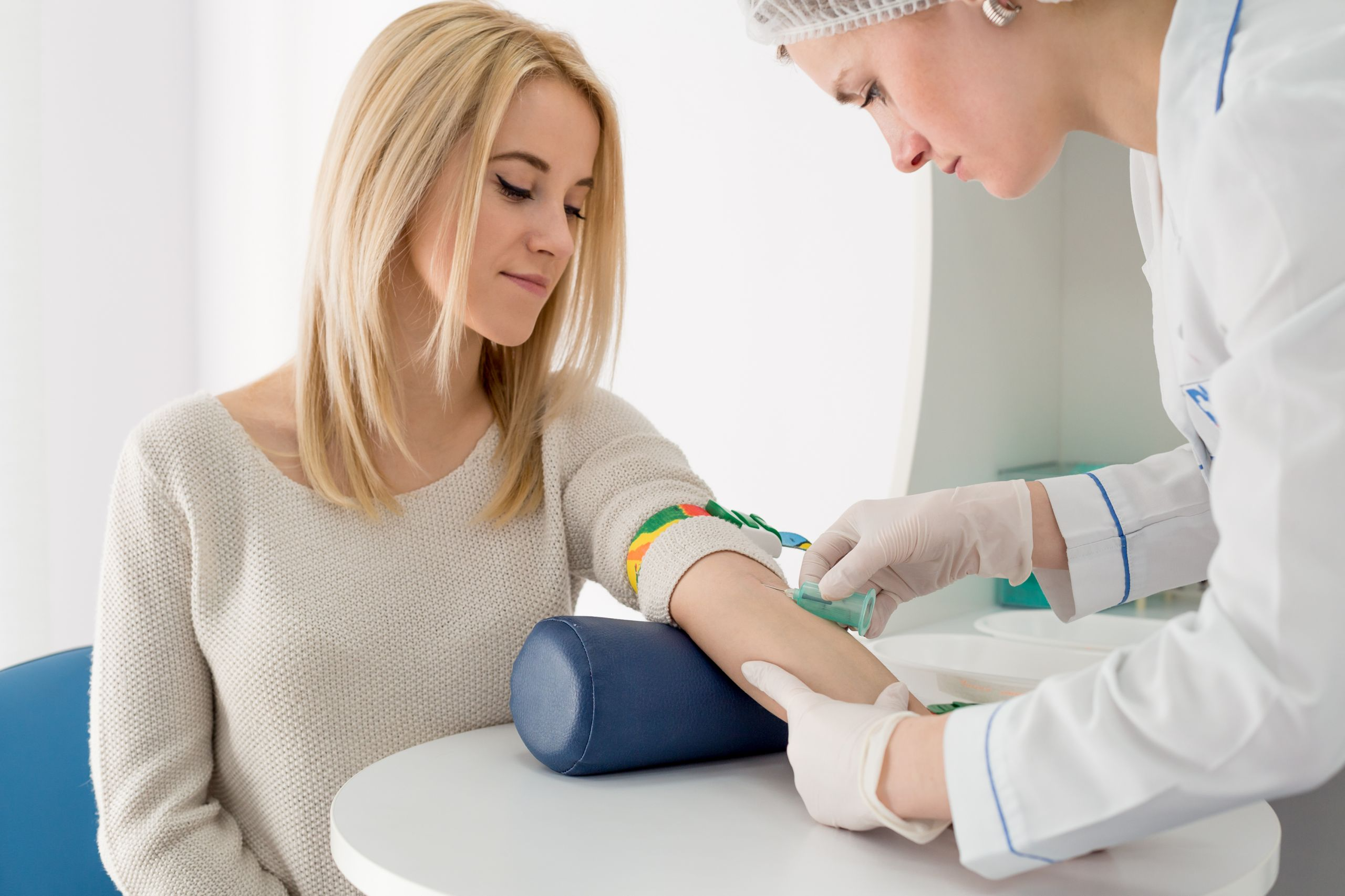
This review by Jeff Charlton is based on the Guardian newspaper article

Is high risk low hazard as the Stachybotrys very toxic mould was in full control and didn’t need to produce toxins ?

Shows minor mould on new build wall but air sampling of cavity showed major contamination present and high risk and hazard but will shortly be camouflaged by builders

Shows a minor shower leak in my daughter’s brand-new house. It was High risk and High hazard as T2 mycotoxins were produced and resulted in my daughter falsely diagnosed advanced stages of leukaemia. She made a full recovery in 6 weeks.
Toxicology and risk assessments results often identify any or all of the following:
- Respiratory challenges and vector agents
- Bacteria of different sorts
- Toxic algae
- Mould spores
- Hyphal fragments
- VOCs
- Chemicals
Most involve moisture in some form from flooding to minor condensation and time frames are almost irrelevant as dead and non-viable contamination is estimated by WHO as a 40-fold greater risk health risk than live active growth.
The following note from Centre of Disease Control makes risks very clear



